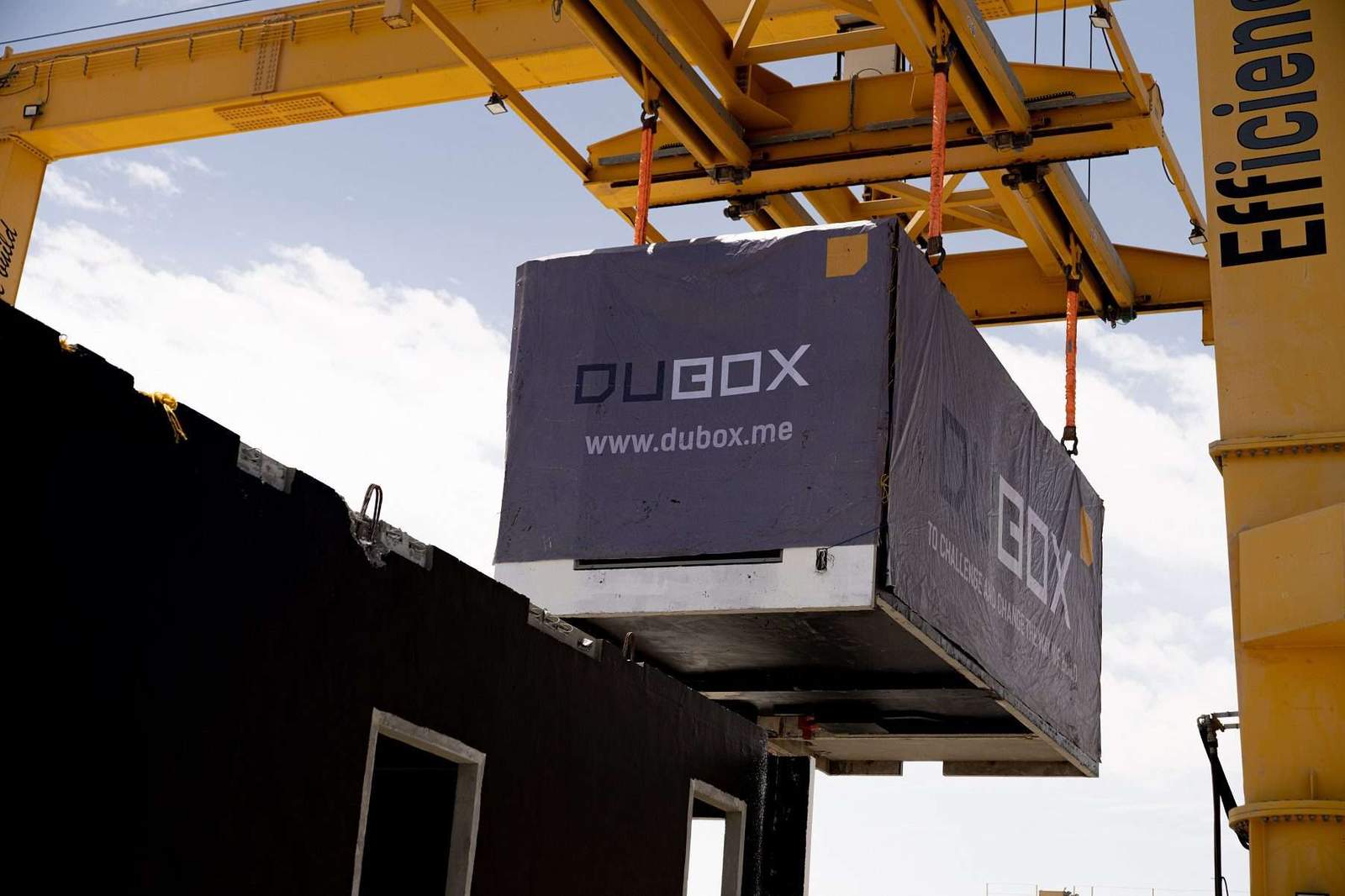Advantages and challenges of modular construction
Today’s modular construction offers a great opportunity for developers and builders to expand their projects more efficiently and cost-effectively.
This method of construction has become increasingly popular in the past decade for various reasons,
and it is necessary to understand its benefits and challenges.
So together we will explore the advantages and disadvantages of modular construction,
including faster construction time, greater quality control, and lower cost,
as well as transportation challenges, environmental considerations, limited design flexibility, and inadequate regulatory standards.
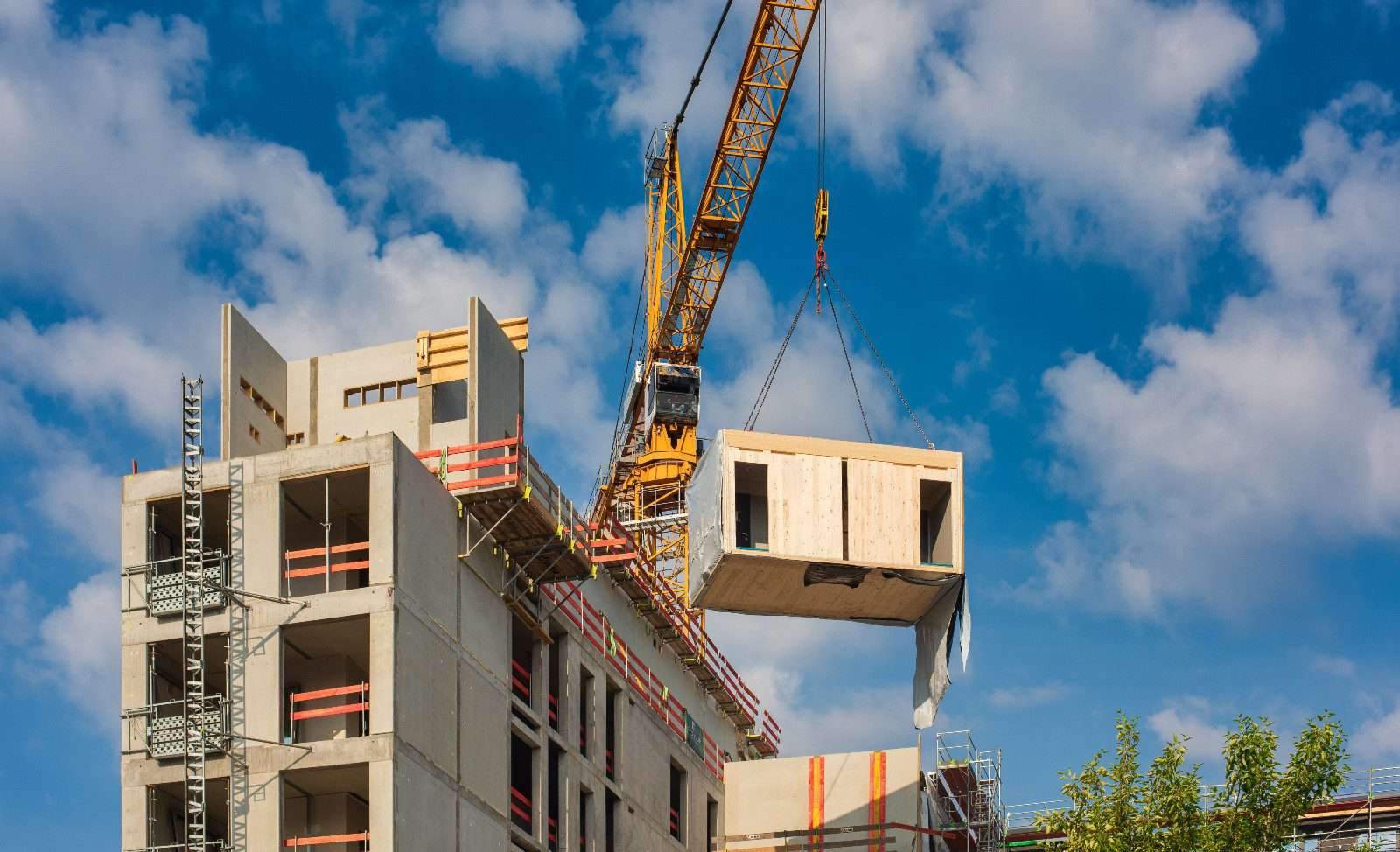
Modular construction
Modular construction is a form of off-site prefabrication that involves the construction of separate parts or components for buildings or structures in a factory setting prior to on-site assembly.
This can include anything from rooms or units ready for occupation to individual pieces such as walls,
ceilings or floors delivered to site for installation.
Benefits of modular construction
Modular construction is becoming increasingly popular due to its many benefits over traditional building methods.
Modular construction can be cost effective due to reduced labor, improved efficiency, and shorter construction times.
In addition, it can help reduce environmental impact, enhance sustainability, and improve the quality of the final product.
Firstly, modular construction helps improve efficiency by allowing the project to be built in a controlled environment in the factory,
typically using experienced workers who are accustomed to working on similar projects.
This reduces labor costs through fewer errors and better quality control during construction.
In addition, modular buildings are usually smaller and require fewer components than traditional construction,
resulting in faster construction times.
Modular construction also has many environmental benefits.
It uses fewer resources than traditional construction because it does not require extensive excavation and can use recycled materials in the construction process.
In addition, modular construction is usually more energy efficient due to increased insulation and airtight buildings,
resulting in lower energy costs.
Combined with shorter construction times and better quality control,
these environmental benefits can result in reduced environmental impact.
Finally, modular construction can enhance sustainability due to its energy efficiency,
minimal use of resources, and the ability to reuse components if the building needs to be relocated.
In addition, modular construction can improve the quality of the final product
due to the use of industrial grade materials and increased precision, allowing for more accurate construction.
All in all, modular construction offers many benefits over traditional construction
and can be a great choice for projects that need to be completed quickly, cost-effectively, and with minimal impact on the environment.

Faster build time
Modular construction offers many benefits, including faster construction times than traditional building methods.
This is achieved by prefabrication of building components in a factory-controlled environment and delivery of these components to the construction site for assembly.
Modular construction is also more time and labor efficient, as much of the work can be done off site.
As a result, the project’s construction time can be significantly reduced,
allowing it to be completed in less than half the time taken by traditional construction methods.
In addition, modular construction offers many environmental benefits, including less waste on job sites,
less waste going to landfills, and reduced transportation emissions.

Greater quality control
One of the main benefits of modular construction is increased quality control.
Through prefabrication and factory assembly, modular construction can ensure consistency and accuracy greater than what is found in traditional construction.
In addition, modular construction can reduce the possibility of human error during construction,
resulting in higher quality and more reliable structures.
Furthermore, modular construction allows for more customization,
allowing builders to create complex structures not possible in site building.
This ensures that structures meet the exact needs and specifications of the customer.
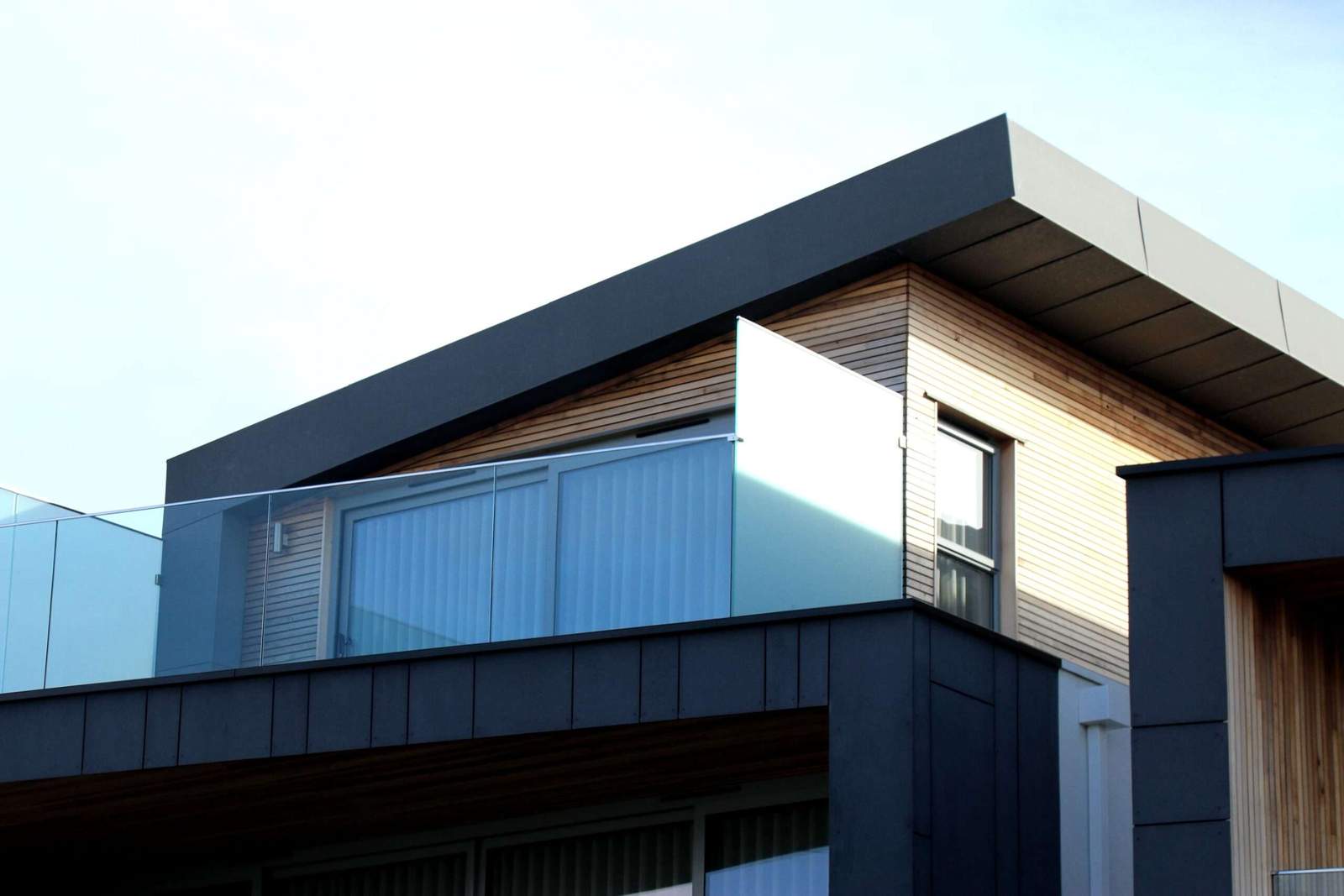
Reduced cost
One of the main benefits of modular construction is the cost savings it can provide.
Modular buildings are typically less expensive than conventional buildings,
as all building components are manufactured in a factory setup and delivered to site pre-assembled.
This process significantly reduces construction costs, materials and overall costs.
In addition, modular buildings can be completed more quickly and efficiently,
as the factory setup minimizes the variables and delays that can arise during construction.
As a result, the overall cost savings can be significant.

Modular construction challenges
The shift towards modular construction has been lauded for its many benefits,
such as increased cost savings, sustainability, and improved labor productivity.
However, there are also some challenges associated with this method of construction.
To ensure the success of modular projects, it is important to understand some of the most common challenges and to develop strategies to mitigate them.
Transportation challenges
When it comes to modular construction, relocation is quite a challenge.
Modular components must be delivered from the manufacturing site to the construction site, often over long distances.
Depending on the size of components and the distance to be traveled,
transportation can become a major cost factor for modular construction projects.
In addition, there may be restrictions on the size and weight of components,
requiring special permits and authorizing agencies that can add to the project time frame.
It is important to consider transportation logistics when planning a modular construction project to ensure the successful delivery of all components.
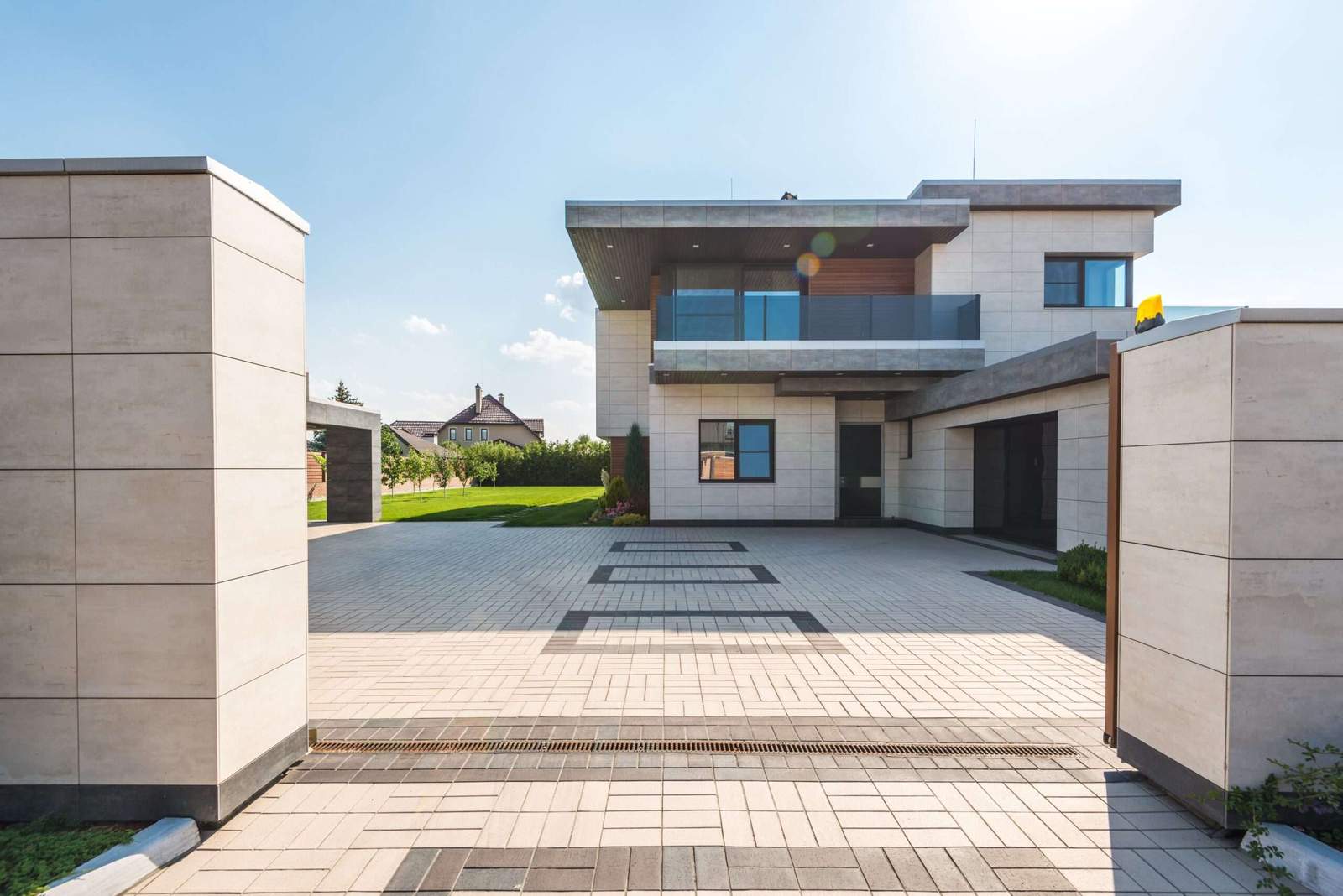
Environmental considerations
Modular construction can provide a large number of environmental benefits.
On-site construction can lead to various environmental impacts, such as air pollution, water pollution and land disturbance.
Through the use of modular construction, these environmental impacts can be reduced.
Modular construction also allows for more control over the quality of the resources used in construction,
and the use of recycled and sustainable materials can be incorporated.
In addition, modular construction often involves shorter construction times,
which can reduce emissions from construction vehicles and machinery.
Modular construction can help conserve energy by providing buildings with more insulation and air sealing.
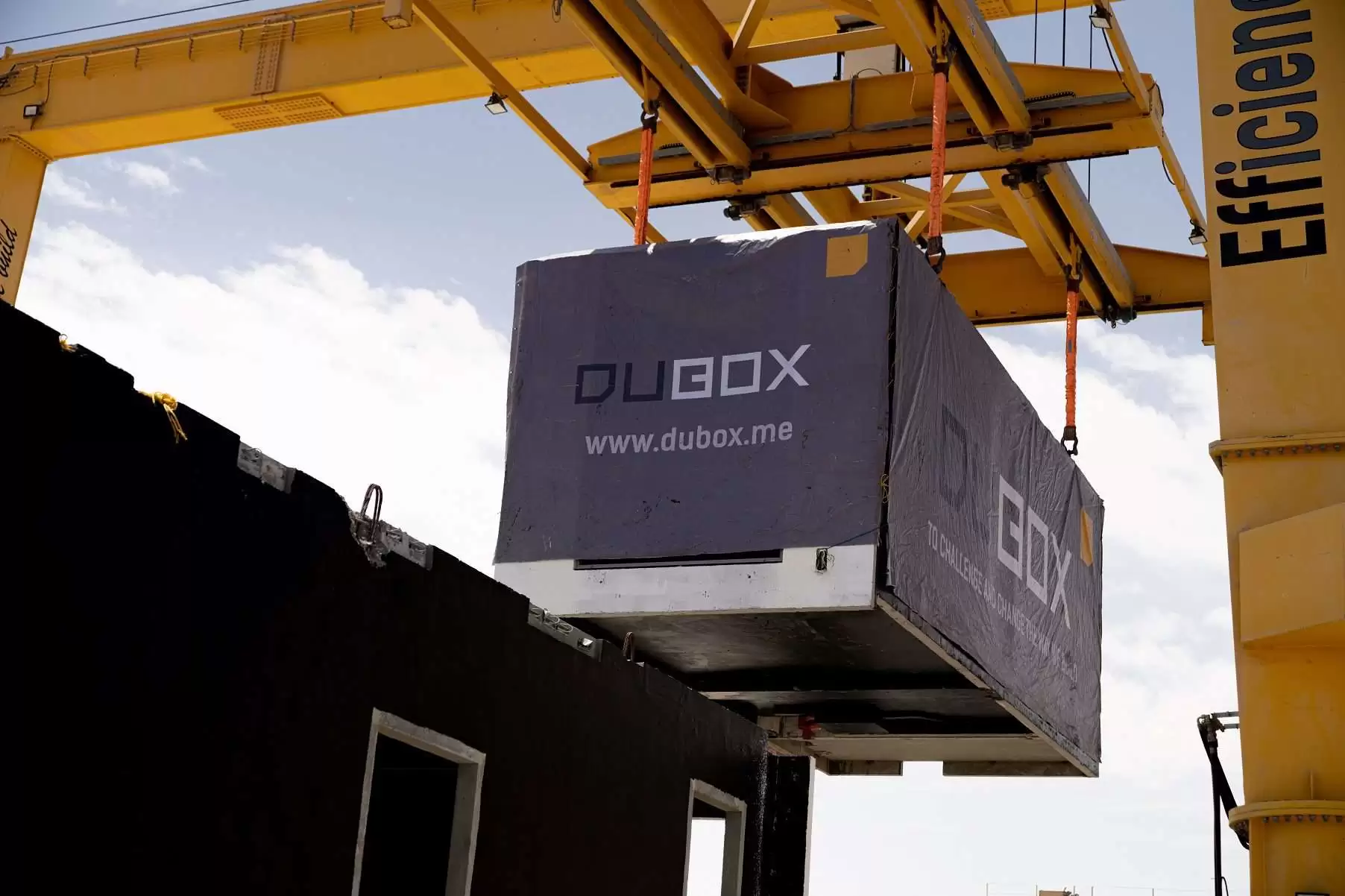
Limited design flexibility
One of the primary challenges associated with modular construction is the limited flexibility in design.
Modular units are designed to a specific size and shape, which limits their versatility and range of application possibilities.
This can be a particular problem for architects, designers and builders who need many capabilities to design a building.
While some modular building systems attempt to allow more design flexibility,
it is important to realize that these systems are limited compared to traditional building methods.

Insufficient regulatory standards
While offering many benefits, the use of off-the-shelf modular components also presents the challenge of insufficient regulatory standards.
Despite the increasing popularity and potential of modular construction,
national and international standards for quality control and safety assurance still need to be developed.
This lack of standardization leads to inconsistent quality and safety control standards,
making it difficult to ensure that structures meet required standards.
Moreover, this lack of organization results in a lack of guidance for designers and builders who attempt to create safe modular building projects.
This lack of standards highlights the need for governments to put in place regulations to ensure that standard ingredients are of the highest standards of quality and safety.
For more architectural news
The importance and necessity of insurance on your construction projects

